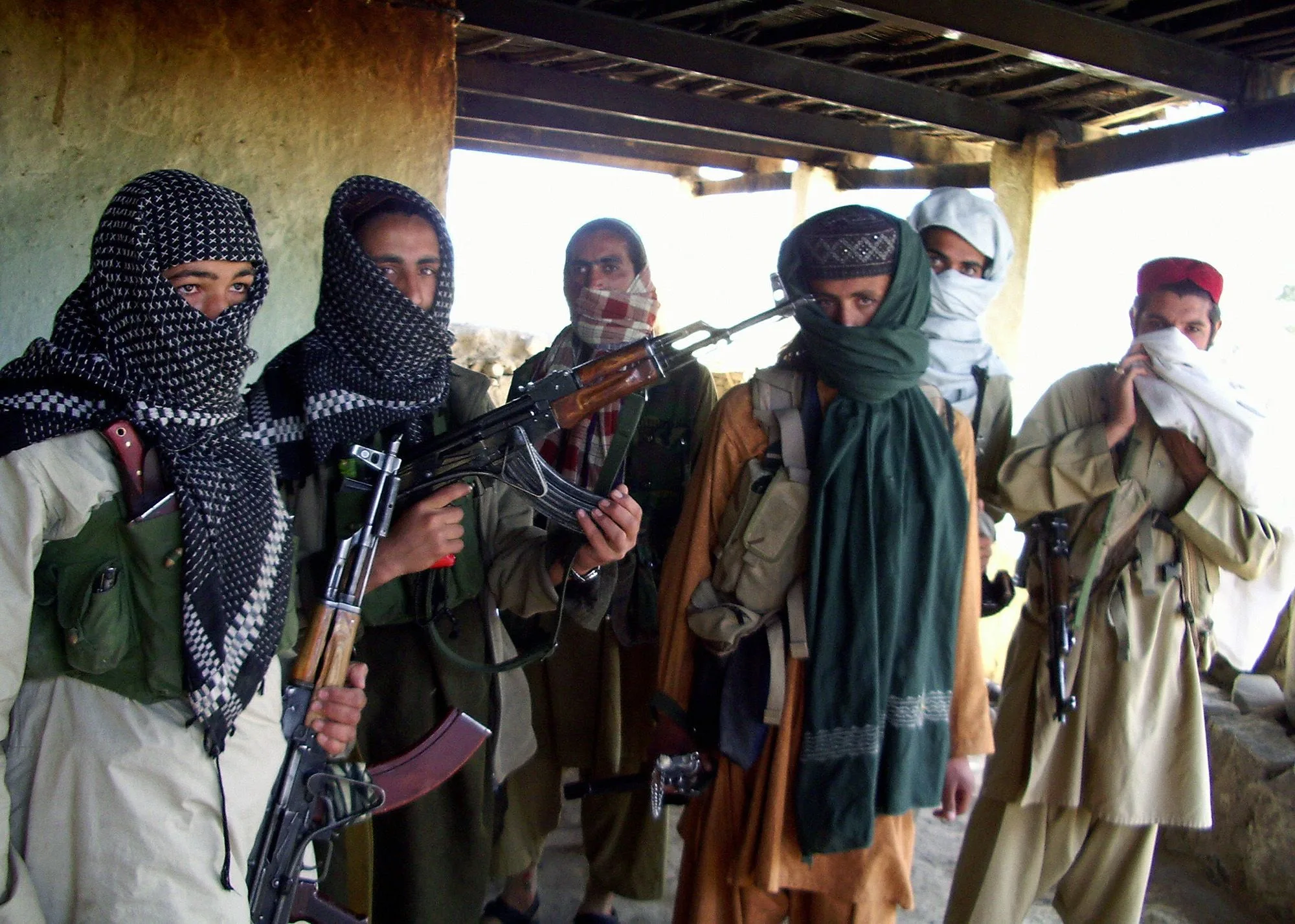
The resurgence of the Tehreek-i-Taliban Pakistan (TTP) under the protection of the Afghan Taliban poses a severe threat to regional stability. A recent UN report highlights the operational and logistical support TTP receives from the Taliban and Al Qaeda, underscoring Islamabad’s concerns about cross-border terrorism. This opinion piece delves into the implications of TTP’s growing power and the challenges it presents to Pakistan and the broader region.
The UN monitoring report estimates TTP’s strength at 6,000-6,500 fighters, making it the largest terrorist group in Afghanistan. The Taliban’s support for TTP is evident, with the group enjoying freedom to operate under Taliban oversight. This relationship is not surprising, given the Taliban’s historical ties and indebtedness to TTP. The report’s findings align with Pakistan’s stance that Kabul is unwilling or unable to curb the activities of terrorist groups targeting Pakistan. The Taliban’s reluctance to recognize TTP as a terrorist group is particularly troubling. The bonds between the Taliban and TTP are strong, stemming from their shared history and ideological alignment. This connection has allowed TTP to thrive in Afghanistan, utilizing the country as a base for launching attacks into Pakistan. The Taliban’s support includes providing logistical assistance, training facilities, and even weaponry, making TTP a formidable threat.
The increase in TTP attacks against Pakistan is alarming. From 573 attacks in 2021 to 1,210 in 2023, the trend continues to escalate in 2024. These attacks often involve Afghan nationals, as seen in incidents like the Bisham bombing, which killed five Chinese engineers and their Pakistani driver. The use of advanced weaponry, including NATO-caliber arms and night vision capabilities, has enhanced the lethality of these attacks, posing a significant threat to Pakistan’s security forces. The presence of TTP in Afghanistan has allowed the group to plan and execute attacks with impunity. The Afghan Taliban’s unwillingness to act against TTP has emboldened the group, leading to an increase in cross-border terrorism. This situation has strained Pakistan’s resources and security apparatus, forcing the country to allocate significant resources to countering the threat. The impact on civilian life and infrastructure is severe, with frequent attacks causing widespread fear and disruption.
Al Qaeda’s involvement in supporting TTP adds another layer of complexity. The UN report details how Al Qaeda in the Indian Subcontinent (AQIS) assists TTP in conducting terrorist attacks inside Pakistan. This support includes training, tactical guidance, and even direct participation in attacks, as seen in the September 2023 clash in Chitral. The Taliban’s tolerance and ad hoc support for TTP operations, coupled with Al Qaeda’s backing, have emboldened the group and increased its capacity for high-profile attacks. Al Qaeda’s strategic support for TTP is a significant concern. The collaboration between these groups enhances their operational capabilities, allowing them to conduct more sophisticated and deadly attacks. Al Qaeda’s training camps in Afghanistan provide TTP fighters with the skills and knowledge needed to execute complex operations. This relationship also facilitates the transfer of tactics and techniques, making TTP a more effective and dangerous organization.
The TTP’s resurgence has broader regional implications. The Afghan Taliban’s inability to counter this threat raises concerns about the spread of terrorism beyond Pakistan’s borders. The report highlights the strategic displacement of IS-K personnel to neighboring countries, including Pakistan, Iran, and Central Asian states. This movement exacerbates the security situation, as these operatives bring with them expertise in insurgency and terror tactics. The regional spillover of terrorism is a pressing issue. The movement of terrorist operatives across borders creates instability and poses a threat to neighboring countries. The influx of skilled fighters into Pakistan, Iran, and Central Asia could lead to an increase in terrorist activities in these regions. This situation demands a coordinated regional response to address the cross-border nature of the threat and prevent the spread of terrorism.
The deficiencies in the Taliban’s counterterrorism strategy are evident. Their efforts are often reactive rather than proactive, focusing on immediate threats rather than addressing the root causes of terrorism. The infiltration of terrorist operatives into Afghan ministries further complicates the situation, as it undermines the Taliban’s ability to effectively combat these groups. A more comprehensive and strategic approach is needed to dismantle these networks and address the underlying issues.
In conclusion, the resurgence of TTP under the protection of the Afghan Taliban poses a significant threat to regional stability. The operational and logistical support provided by the Taliban and Al Qaeda has emboldened TTP and increased its capacity for high-profile attacks. The impact on Pakistan is severe, with a significant increase in cross-border terrorism and a strain on the country’s resources and security apparatus. The regional implications of this threat are also concerning, with the potential for the spread of terrorism to neighboring countries. Addressing this threat requires a coordinated and comprehensive approach, including regional cooperation and pressure on the Taliban to act against terrorist groups. The stability of South Asia depends on the collective efforts of all stakeholders to combat the menace of terrorism effectively.
